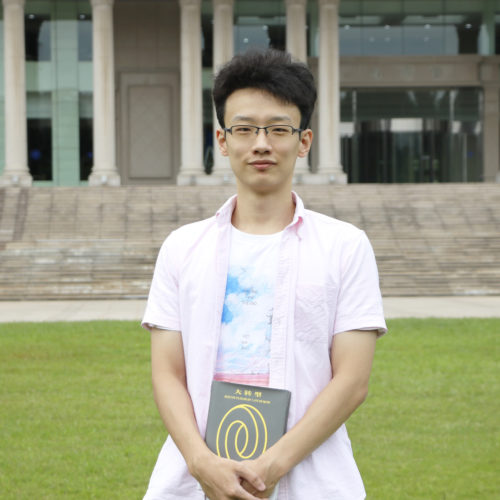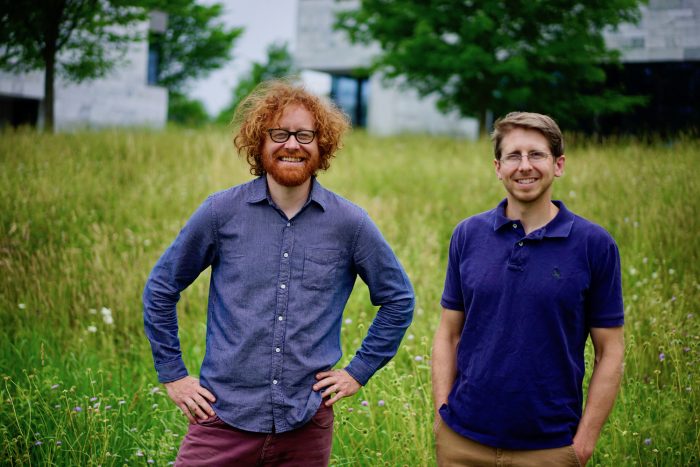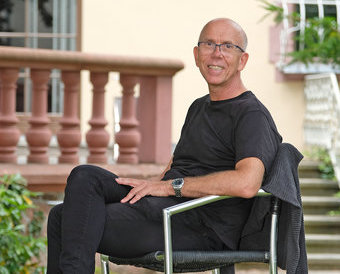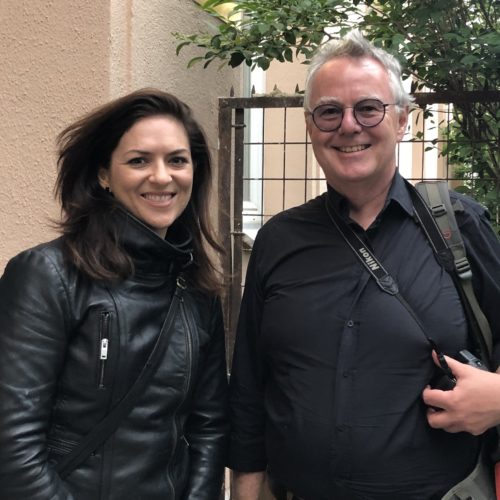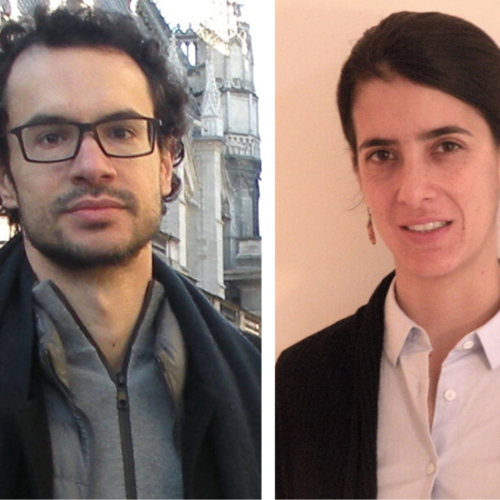Polanyi all over the World
Polanyi in South Africa
In this seventh part of our series ‘Polanyi all over the world’, South-African Sociologist Edward Webster elaborates on the importance of Karl Polanyi’s work for South Africa. Polanyi’s work arrived relatively late to South Africa and its impact has been narrowly focused around his idea of the Double Movement. Nevertheless, his work continues to attract both activists and scholars until today.
19th October, 2020
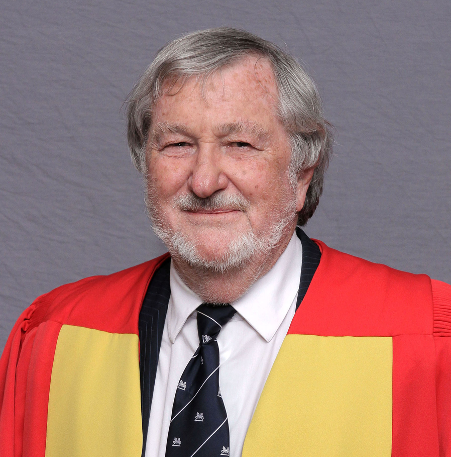
Edward Webster
The work of Karl Polanyi was relatively unknown in South Africa until the arrival of democracy in 1994. The advent of political democracy was the culmination of nearly a century long national liberation struggle against white supremacy. The embrace by the ruling party, the African National Congress (ANC) of key neo-liberal economic and social policies came as a surprise as the ANC had won the elections on a package of classic social democratic redistributive policies. The impact of these neo-liberal policies was devastating on the long deprived communities and their high expectations of decent work and a better life for all.
Increased labour market flexibility, fiscal austerity and unemployment led to the emergence of a plethora of new social movements – the Anti-Privatisation Forum , (APF), the Soweto Electricity Forum (SEF) , the Treatment Action Campaign (TAC) . They mobilised around a wide variety of issues, including the commoditisation of essential services such as electricity, access to land, water and the need for treatment for those with HIV/AIDS.
Polanyi’s notion of the ‘double movement’ quickly captured the imagination of progressive academics and social activists alike. The concept of ‘embeddedness’, the idea that the economy is not autonomous , but subordinated to social relations , was a direct challenge to economic liberalism, and its assumption that the economy automatically adjusts supply and demand through the price mechanism. The opening page of Part One of The Great Transformation , seemed like a call to action to build a counter movement: “Our thesis is that the idea of a self-adjusting market implied a stark utopia. Such an institution could not exist for any length of time without annihilating the human and natural substance of society” (Polanyi (1944);3-4)
South African scholars embraced enthusiastically what Jamie Peck calls the ‘hard’ Polanyi, the critic of (free-market) capitalism and the advocate of socialist transformation,(Peck,2013 ;1538).A range of studies emerged in South Africa drawing on Polanyi’s argument that society will resist the extension of market relations into areas seen as threatening to society itself – notably with regard to labour and land. Like labour and land, water was seen as one of Polanyi’s ‘fictitious’ commodities, ie goods which have the appearance of commodities (in that a price exists) but which can never be fully commoditised without threatening the existence of society (or at least a significant part of it). (Galvin, 2016) Others linked the emerging ‘decommodification’ strategies to national, regional and international advocacy(Bond, 2005)
In a comparative study of the response of workers in the white goods industry to neo-liberal globalisation the authors found, faced by retrenchment , workers in South Africa lacking a welfare safety net engaged in informal non-wage survivalist activities. ( Webster, Lambert and Bezuidenhout, 2008). This pointed to the fact that Africa has followed a historical trajectory that differed markedly from the First Great Transformation of the industrialised North. Africa never secured a welfare state . In Polanyian terms they had skipped a stage leaving workers highly vulnerable to growing insecurity and precarity (ibid: 55-56)
The impacts of these new social movements proved diffuse and the counter movement elusive in spite of on-going ‘service delivery ‘ protests. It led to a critique of what was described as Polanyi’s ‘false optimism’ (Burawoy,2013) .The reason, Michael Burawoy argued for Polanyi’s false optimism lay in “ his failure to take seriously the logic of capital …. In particular the recurrent deployment of market fundamentalism as a strategy of overcoming its internal contradictions “ ( Ibid, 39) In an important reconstruction of Polanyi, Burawoy identified three waves of marketization : the first wave, from 1795 to 1914, involved the marketization of labour , the second wave, 1914-1973, the marketization of labour continues but now money is commoditised , and then in the third wave , 1973-?, the marketization of nature, money and labour takes place ( Ibid,40)
Attempts to build a counter movement continue although increasingly Polanyi is seen through Marxist eyes and the need to include an understanding of the ‘logic of capital’. In late August the South African Food Sovereignty Campaign launched a Climate Justice Charter from a Polanyian perspective. Under the impact of Covid-19 Polanyian scholars are turning to the crisis of democracy , researching rising authoritarianism , the politics of hate and exclusion and the emergence of right wing populist movements ( Williams , Forthcoming)
Surprisingly little attention has been paid in South Africa to Polanyi’s work on pre-colonial societies in West Africa (Polanyi, 1966). In this work Polanyi identifies non-market relations of exchange as the basis for building alternative social relations based on reciprocity and redistribution. However there is one study that explores the re-emergence of notions of reciprocity and non-market relations in a township outside the coastal city of Durban – what is called Ubuntu or loosely translated, sharing. ( Ngcoya ,2009) Mvuselelo Ngcoya describes the emergence of Ubuntu at community level through self-organised survivalist organisations designed to protect society from marketization. These organisational forms include savings clubs, burial societies, the revival of cultural traditions and the promotion of self reliance through popular education. These responses constitute , Ngcoya believes, the African equivalent of a Polanyian double movement designed to protect society from marketization.
While Karl Polanyi’s work arrived relatively late to South Africa and its impact has been narrowly focused around the idea of the double movement, all indications are that his work continues to attract both scholars and activists interested in challenging the fallacious idea of “economic man” and the universality of market relations in time and space.
Edward Webster
is a Distinguished Research Professor in the Southern Centre for Inequality and founder and associate of the Society, Work and Development Institute Studies at the University of the Witwatersrand. He was the first Ela Bhatt Professor at the International Centre for Development and Decent Work (ICDD) at Kassel University in Germany in 2009/2010
More ‘Polanyi all over the World’:
